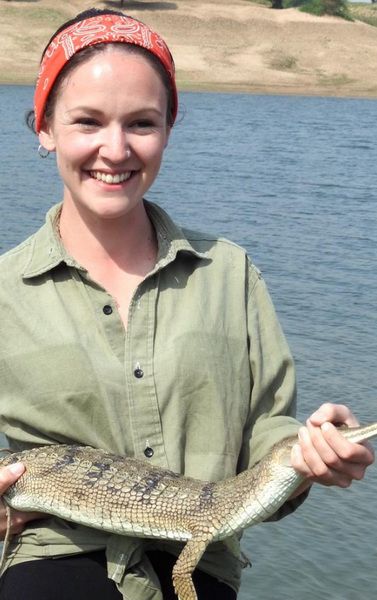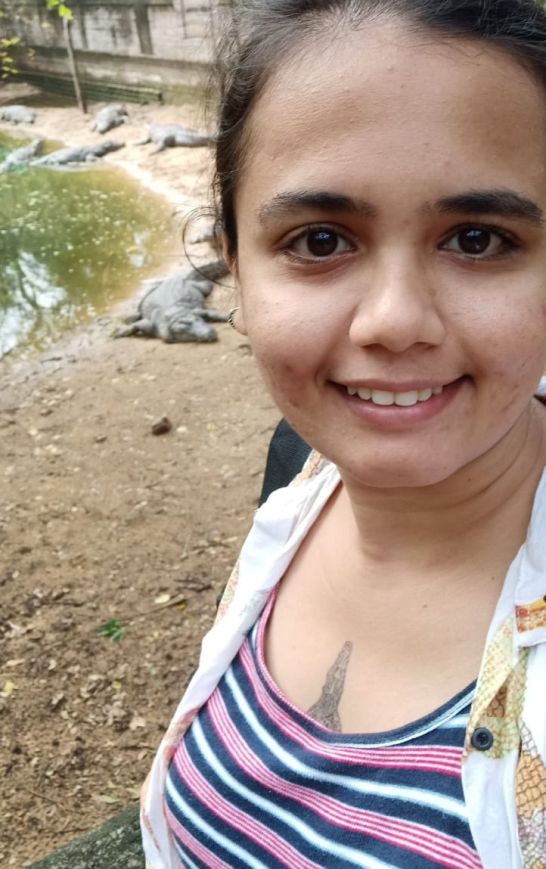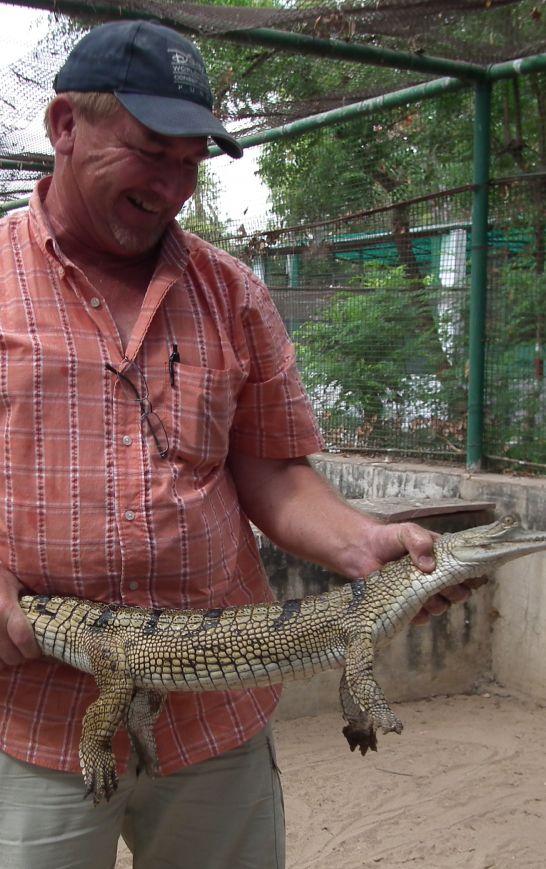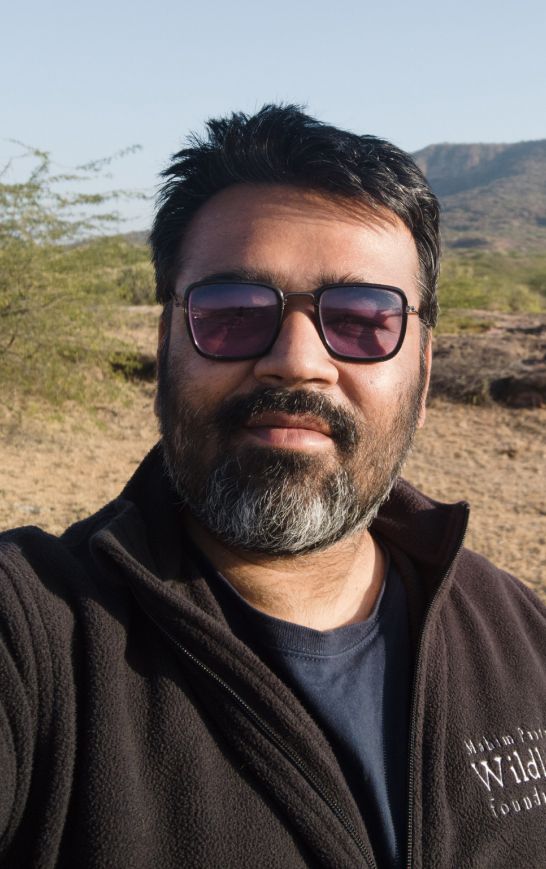About ECCN
The Early Crocodile Career Network was created with a very clear and simple goal: to connect early career people working with crocodiles in an informal, low-pressure environment.

We want to help connect people working in the same region with others, and create opportunities for discussion and experience sharing. We also want to help connect them with veterans in the field from time to time to provide advice and inspiration.
The network is open to anyone working with crocodylian species in any form, whether it is through research, conservation, and education.
What will be involved?
We want this network to be accessible by making it an interactive, online platform.

Members can share their work for feedback and practice in a friendly setting.
Network with others through speed meetings and other events, and even form collaborations.
Opportunities to be guided and advised, as well as opportunities for experienced members to guide and advise others.
Attend talks and workshops by experienced veterans, young groundbreakers, and other interesting members of the global crocodile community.
Chances to share and identify funding opportunities.
Last, but not least, we want the network to be a fun and interesting way to build knowledge and friends.
We are going global!
We are happy to share with you that the Early Career Croc Network is going global!
Does this sound like it is for you? Then go ahead and fill out this form and we will be in touch. We are looking for members who are keen to be active participants, to meet others online and get the most out of the opportunities.
The Team
Early Career Crocodile Network was founded by Brinky Desai and Phoebe Griffith.

Phoebe Griffith (Co-Chair)
PhD Student, University of Oxford, ZSL and Himalayan Nature
My doctoral research focuses on evaluating conservation interventions in crocodilians, especially the gharial in Chitwan National Park, Nepal. I am particularly interested in understanding how best to monitor head starting and reintroduction in gharial using a range of techniques such as telemetry, remote cameras and interviews to collect local ecological knowledge. My research interests are in croc population ecology, conservation and local and traditional ecological knowledge on freshwater megafauna. I love sharing our research findings with others, and public engagement with conservation of crocs and freshwaters is my major passion.

Brinky Desai (Co-chair)
PhD student, Ahmedabad University
My doctoral research focuses on reproductive and stress physiology as well as the ecology of the Mugger crocodile (Crocodylus palustris). I want to understand the ecological adaptation of the Mugger Crocodile population across three geographically diverse habitats within the state of Gujarat, India
I am an aspiring Croc-Scientist and my research interests are in the area of ecology, behavior, endocrinology, human-crocodile interaction, Implementation of non-invasive methods using various tools & techniques for the research, and conservation of crocodilian species.

Lonnie McCaskill (Network Mentor)
Curator of Animal Programs and Assistant Director at the Prospect Park Zoo
Lonnie has been actively working in crocodile conservation since 1997. Throughout his career, Lonnie has worked in the field primarily with crocodilians and Asian turtles (collaborating with WCS since 2004) with in-situ breeding, head starting and reintroduction projects for Siamese, gharial, and other chelonian species. Lonnie has worked in Cambodia, Laos, Myanmar, India, Indonesia, and Malaysia. Lonnie has a list of publications to his name.
He also serves on the Board of the IUCN Crocodile Specialist Group and is Co-Chair for Southeast Asia working extensively in Cambodia, Laos on the conservation of the Siamese Crocodile and Cambodian Royal Terrapin Batagur baska.

Dax Pandhi (Tech Support and Logistics)
Director, Mahim Pandhi Wildlife Foundation
My work is primarily focused on the Mugger crocodiles of an isolated part of India, understanding their ecological and behavioral adaptation to the harsh environment, and their history in this atypical habitat.
I'm passionate about bringing my background in technology into conservation work to make it easier for researchers and students to work with wildlife.